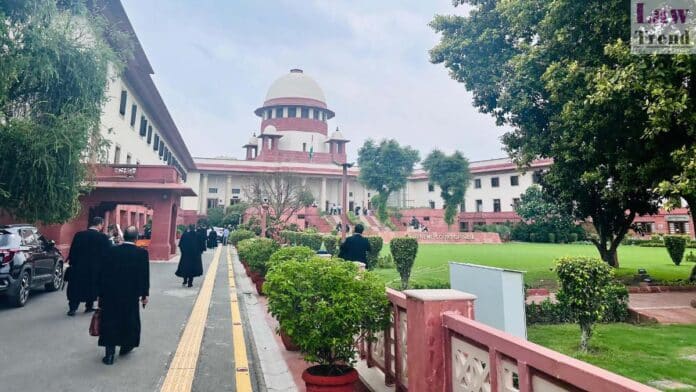In a significant decision reinforcing the principles of judicial discipline and statutory procedure, the Supreme Court of India held that High Courts cannot overstep their jurisdiction under Article 226 of the Constitution to substitute themselves for statutory tribunals. The judgment was delivered on February 20, 2025, by a Bench comprising Justice Pamidighantam Sri Narasimha and
To Read More Please Subscribe to VIP Membership for Unlimited Access to All the Articles, Download Available Copies of Judgments/Order, Acess to Central/State Bare Acts, Advertisement Free Content, Access to More than 4000 Legal Drafts( Readymade Editable Formats of Suits, Petitions, Writs, Legal Notices, Divorce Petitions, 138 Notices, Bail Applications etc.) in Hindi and English.




